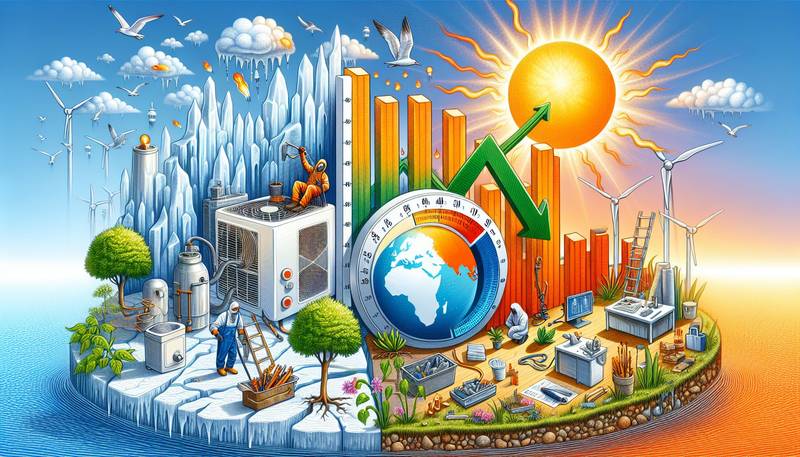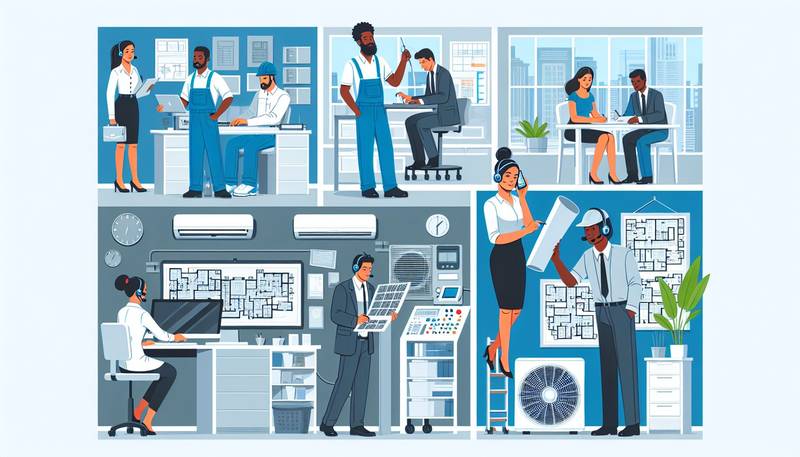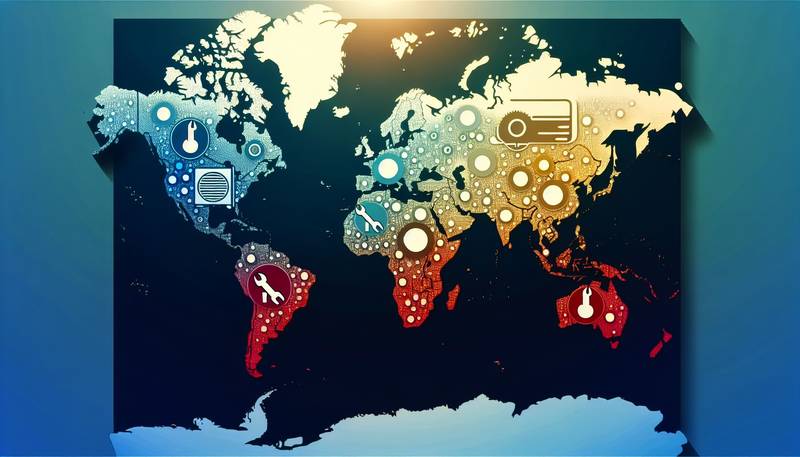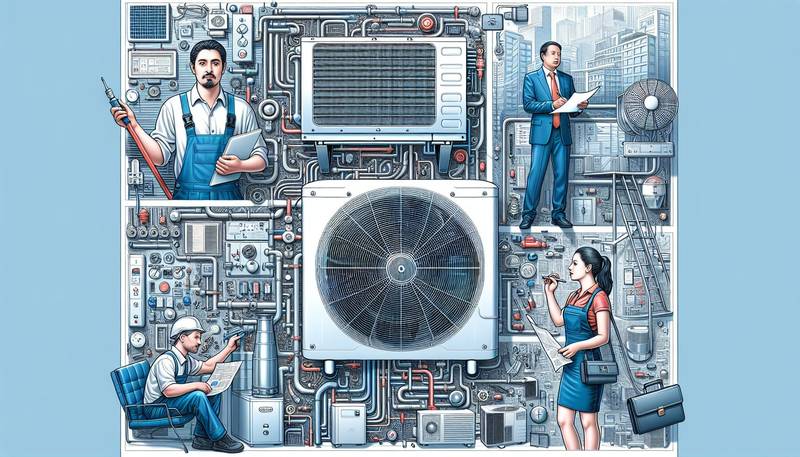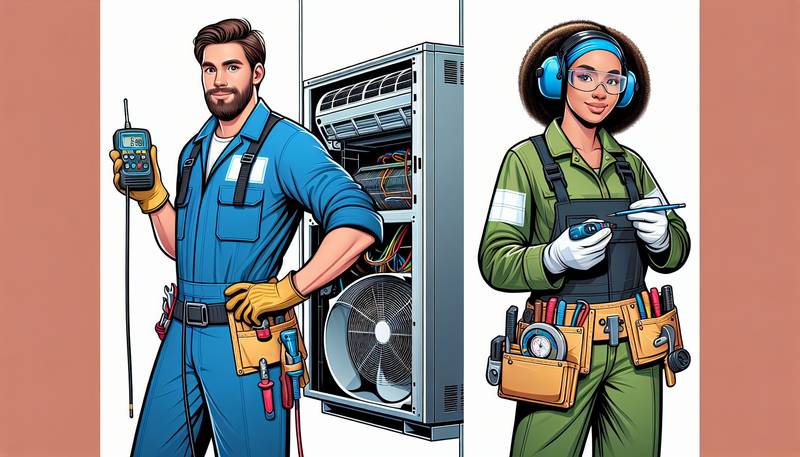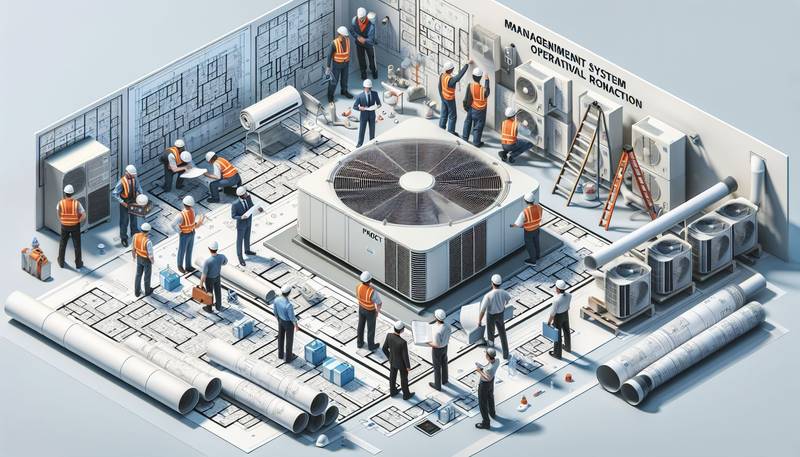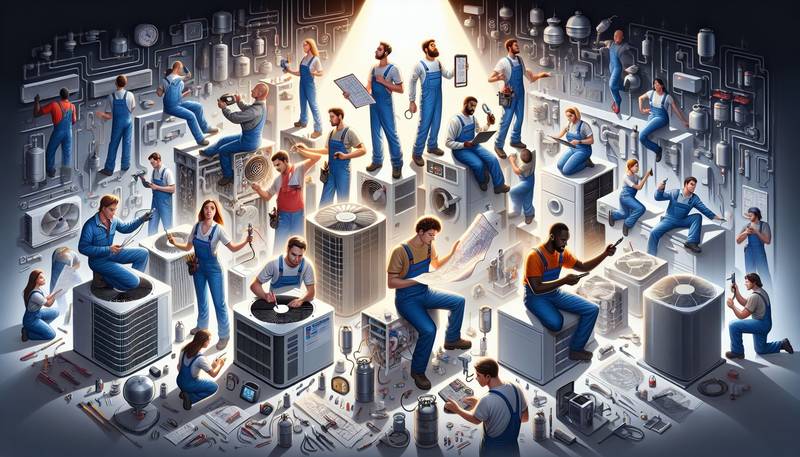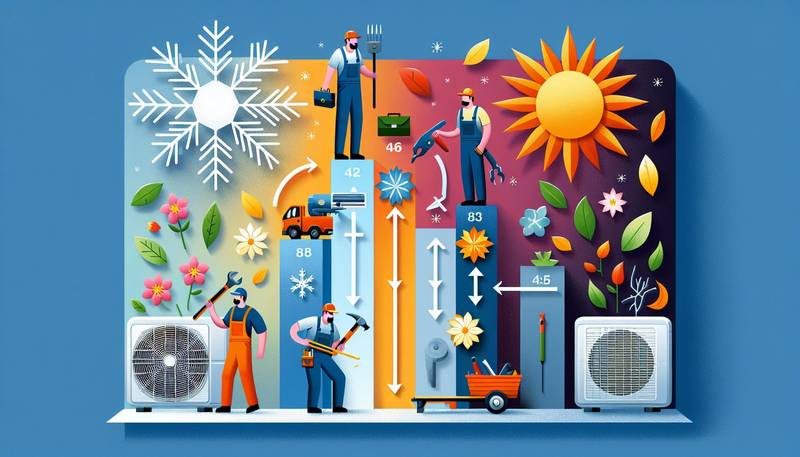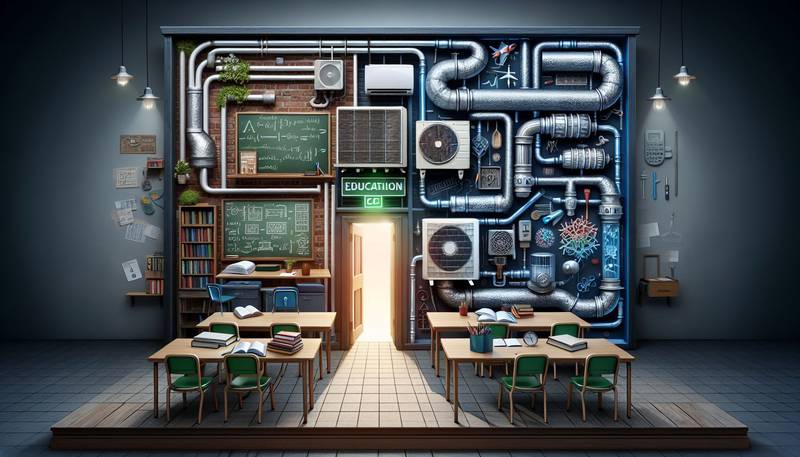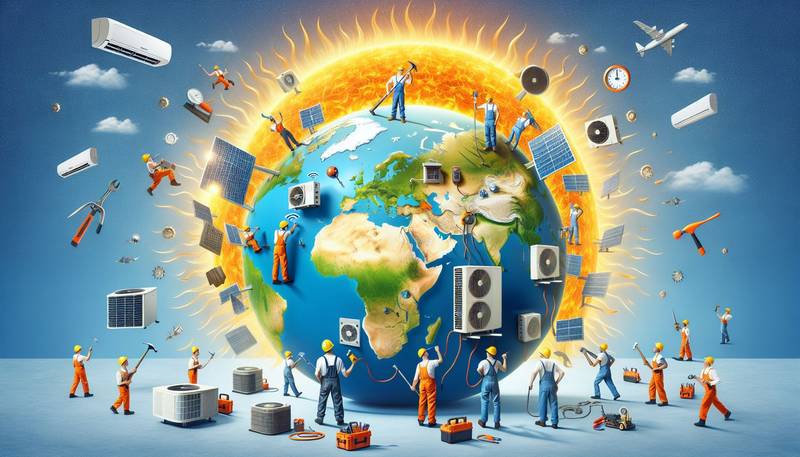The Impact of Climate Change on the Air Condition Job Market
This has significant implications for the air conditioning job market, as professionals in this industry will be needed to install, maintain, and repair cooling systems to cope with the effects of climate change.
The Growing Demand for Air Conditioning
As temperatures continue to rise, the demand for air conditioning is expected to increase significantly. Hotter summers and more frequent heatwaves are likely to drive up the need for cooling in homes, offices, and public spaces. In areas that have traditionally not required air conditioning, such as northern regions, the rising temperatures may lead to a greater reliance on cooling systems. This growing demand for air conditioning will create more job opportunities for professionals in the industry.
Opportunities for HVAC Technicians
HVAC (heating, ventilation, and air conditioning) technicians play a crucial role in the installation, maintenance, and repair of cooling systems. As the demand for air conditioning grows, so too will the need for skilled HVAC technicians to carry out these tasks. HVAC technicians will be called upon to install new air conditioning units in homes and buildings, as well as to perform regular maintenance to ensure that the systems are running efficiently. In addition, as climate change leads to more extreme weather events, HVAC technicians may be required to repair cooling systems that have been damaged by storms or other disasters.
The Importance of Energy Efficiency
As the demand for air conditioning increases, there will be a greater emphasis on energy efficiency in cooling systems. Energy-efficient air conditioning units can help reduce greenhouse gas emissions and lower energy costs for consumers. HVAC technicians will need to stay up-to-date on the latest technologies and techniques for improving the energy efficiency of cooling systems. This may involve installing programmable thermostats, optimizing airflow in buildings, or recommending the use of energy-efficient cooling units. By promoting energy efficiency, HVAC technicians can help mitigate the environmental impact of increased air conditioning usage.
Challenges Faced by the Air Conditioning Industry
While the growing demand for air conditioning presents job opportunities for professionals in the industry, it also poses challenges. Climate change may result in more frequent and intense heatwaves, putting additional strain on cooling systems. This increased demand for air conditioning services may stretch the capacity of HVAC companies, leading to longer wait times for installations or repairs. In addition, extreme weather events like hurricanes or wildfires can damage cooling systems, requiring HVAC technicians to respond quickly to make repairs. To meet these challenges, the air conditioning industry will need to invest in training programs to ensure that HVAC technicians are equipped to handle a growing workload.
Conclusion
The impact of climate change on the air conditioning job market is significant and multifaceted. As temperatures rise and the demand for cooling solutions increases, there will be more opportunities for HVAC technicians to install, maintain, and repair air conditioning systems. However, the industry will also face challenges related to the need for energy efficiency, the strain on HVAC companies caused by increased demand, and the potential for damage to cooling systems from extreme weather events. By staying informed about the latest technologies and techniques, HVAC technicians can help address these challenges and ensure that cooling systems are able to keep pace with the effects of climate change.
